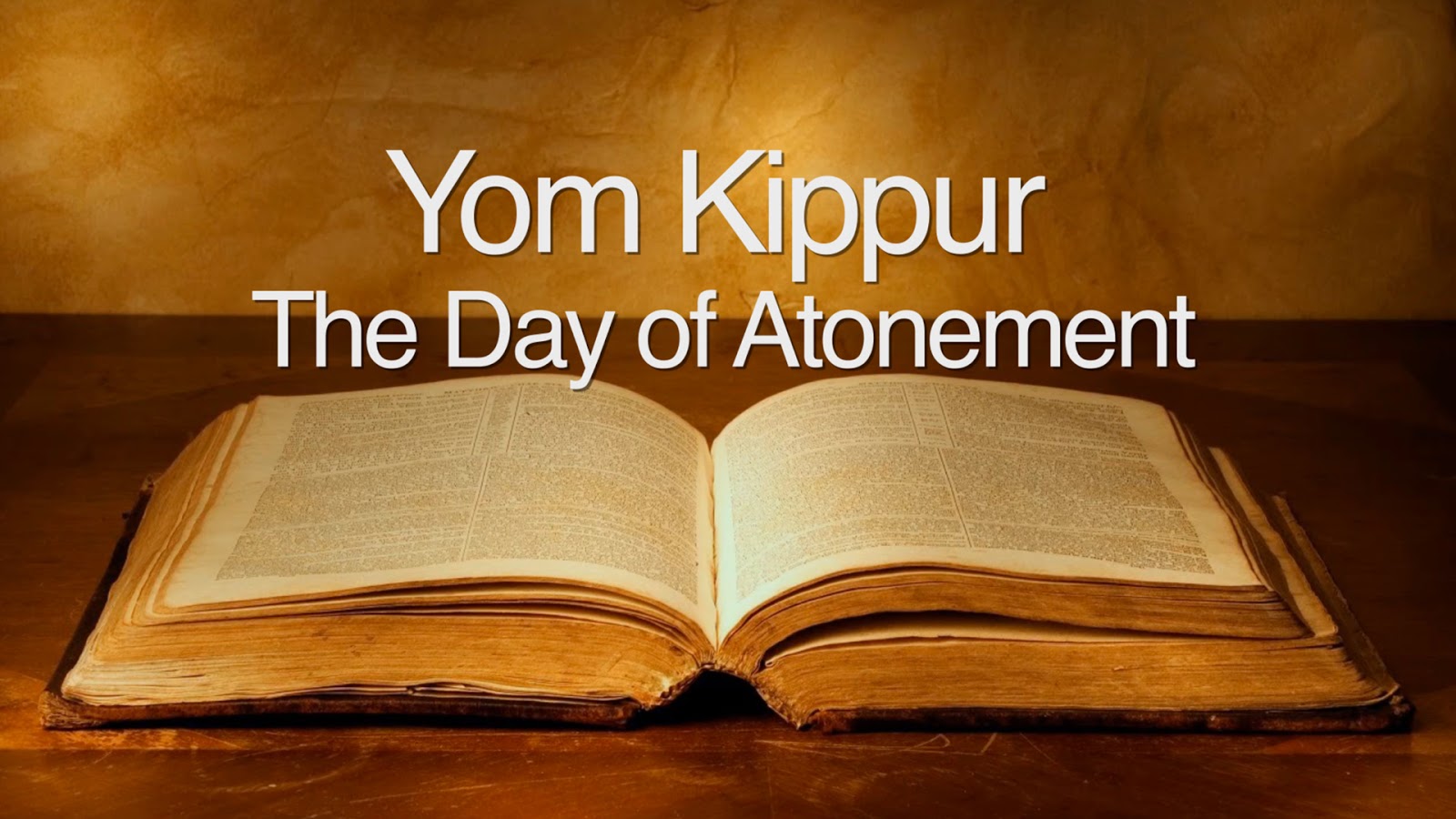Understanding Yom Kippur: A Comprehensive Guide
Yom Kippur, often referred to as the Day of Atonement, is one of the most significant holidays in the Jewish calendar. It serves as a solemn day of reflection, repentance, and spiritual renewal. Observed on the tenth day of Tishrei, Yom Kippur is the culmination of the Ten Days of Repentance, which begin with Rosh Hashanah, the Jewish New Year. In this article, we will delve deep into the significance of Yom Kippur, its traditions, and how it is observed around the world.
The observance of Yom Kippur is rooted in centuries of Jewish tradition and theology. It is a day when individuals seek forgiveness for their sins and strive to reconcile with both God and their fellow beings. The rituals and customs associated with Yom Kippur highlight the importance of self-reflection and community in the Jewish faith.
This article will not only explore the historical and religious aspects of Yom Kippur but will also provide practical insights into how people celebrate this day. Whether you are familiar with Yom Kippur or learning about it for the first time, this comprehensive guide will offer valuable information to enhance your understanding of this sacred observance.
Table of Contents
- What is Yom Kippur?
- Historical Significance of Yom Kippur
- Traditions and Rituals of Yom Kippur
- Fasting and Prayer on Yom Kippur
- Yom Kippur in Modern Times
- Yom Kippur Celebrations Worldwide
- Commonly Asked Questions
- Conclusion
What is Yom Kippur?
Yom Kippur is known as the Day of Atonement, and it is the holiest day in Judaism. It is a time when individuals engage in deep introspection, seeking to atone for their sins and wrongdoings of the past year. The day is characterized by a 25-hour fast, beginning before sunset the evening before and concluding after nightfall on Yom Kippur itself. During this time, many refrain from eating and drinking, as well as engaging in physical pleasures.
Biographical Data
| Aspect | Details |
|---|---|
| Name | Yom Kippur |
| Type | Religious Holiday |
| Date | Tenth Day of Tishrei |
| Duration | 25 hours |
| Significance | Day of Atonement |
Historical Significance of Yom Kippur
The origins of Yom Kippur can be traced back to the Torah, specifically in the Book of Leviticus. It is described as a day of atonement where the high priest would perform rituals to cleanse the people of their sins. Over the centuries, the observance of Yom Kippur has evolved, but its core purpose remains the same: to seek forgiveness and reconcile with God.
Traditions and Rituals of Yom Kippur
Various traditions are observed during Yom Kippur. Some of the key rituals include:
- Kol Nidre: A prayer recited on the evening of Yom Kippur, expressing the annulment of vows made under duress.
- Confession: Known as Vidui, this ritual involves reciting a list of sins and seeking forgiveness.
- Neilah: The closing prayer service at the end of Yom Kippur, emphasizing the final plea for forgiveness.
Fasting and Prayer on Yom Kippur
Fasting is a critical aspect of Yom Kippur. The fast is not only a physical act but also a spiritual one, allowing individuals to focus on repentance and prayer. During this time, many attend synagogue services, where they participate in prayers and rituals that reinforce their commitment to atonement.
Yom Kippur in Modern Times
In contemporary society, Yom Kippur continues to hold significant importance for Jewish communities worldwide. While the core traditions remain intact, the way individuals observe the holiday may vary. Some may choose to participate in communal prayers, while others might engage in personal reflections in solitude.
Yom Kippur Celebrations Worldwide
Yom Kippur is observed globally, with significant celebrations in various countries. In Israel, the holiday is marked by a national sense of solemnity, where public transport halts, and many people participate in communal prayers. In contrast, Jewish communities in the diaspora may adapt the observance to fit their cultural contexts.
Commonly Asked Questions
Here are some frequently asked questions about Yom Kippur:
- What should I do if I can't fast? - It is advised to consult with a rabbi for guidance on how to observe the holiday if fasting poses health risks.
- Can non-Jews participate in Yom Kippur? - While Yom Kippur is a Jewish holiday, many non-Jews join in the observance to support their friends and family.
Conclusion
Yom Kippur is a profound occasion that encourages self-reflection, repentance, and reconciliation. Through its rich traditions and rituals, individuals are given the opportunity to connect with their faith and community on a deeper level. As you learn more about Yom Kippur, consider participating in its observance or discussing it with friends and family. Sharing knowledge and understanding can foster a greater appreciation for this sacred day.
We encourage you to leave your thoughts in the comments below, share this article with others, and explore more about Jewish traditions and holidays on our site.
Thank you for reading, and we look forward to seeing you again soon!
The Iron Claw True Story: Unveiling The Realities Behind The Iconic Wrestling Family
David Letterman Returns: A Look At His Comeback And Impact On Late-Night Television
Is Carla Hall Still Married? A Deep Dive Into Her Personal Life


